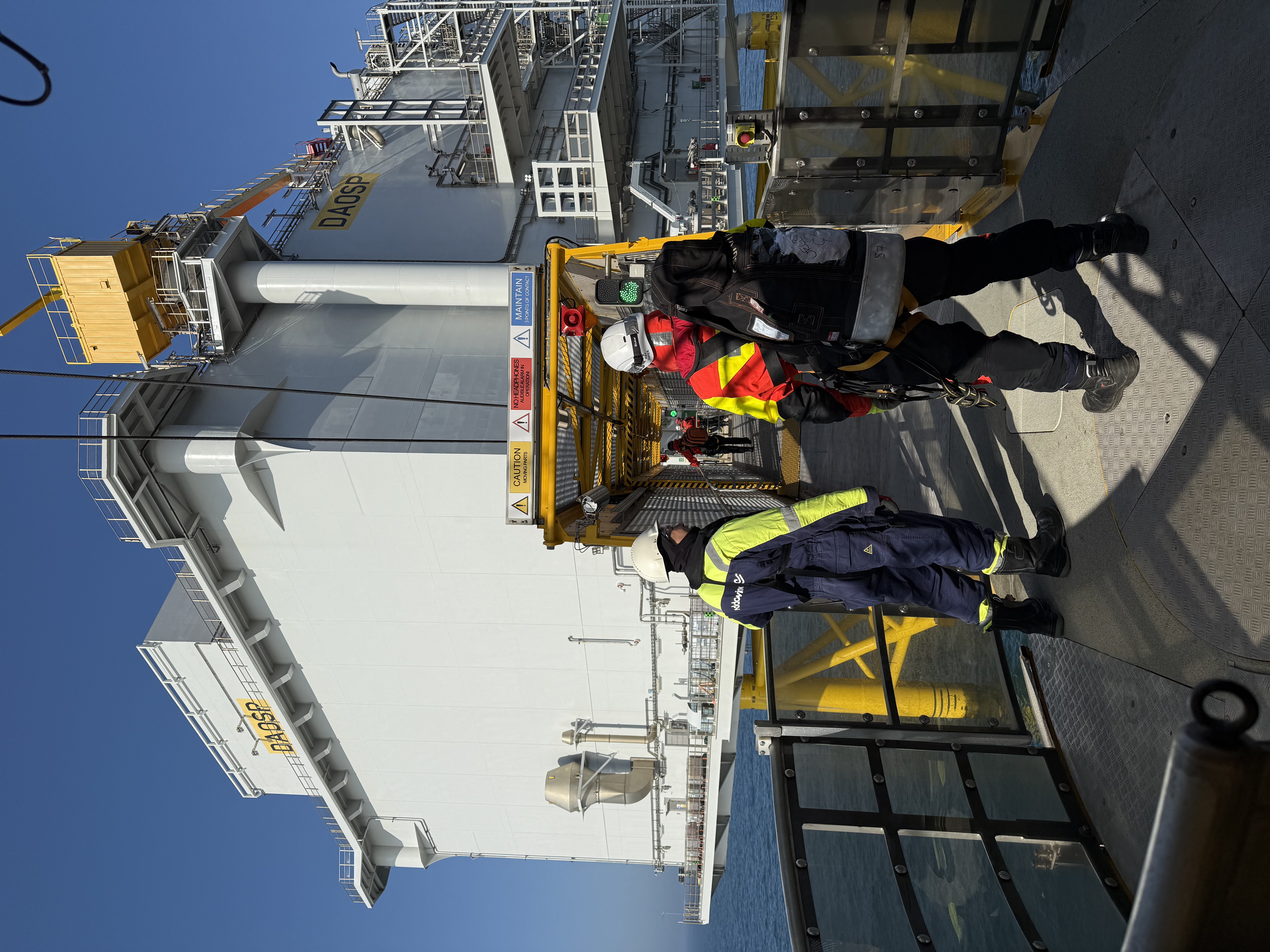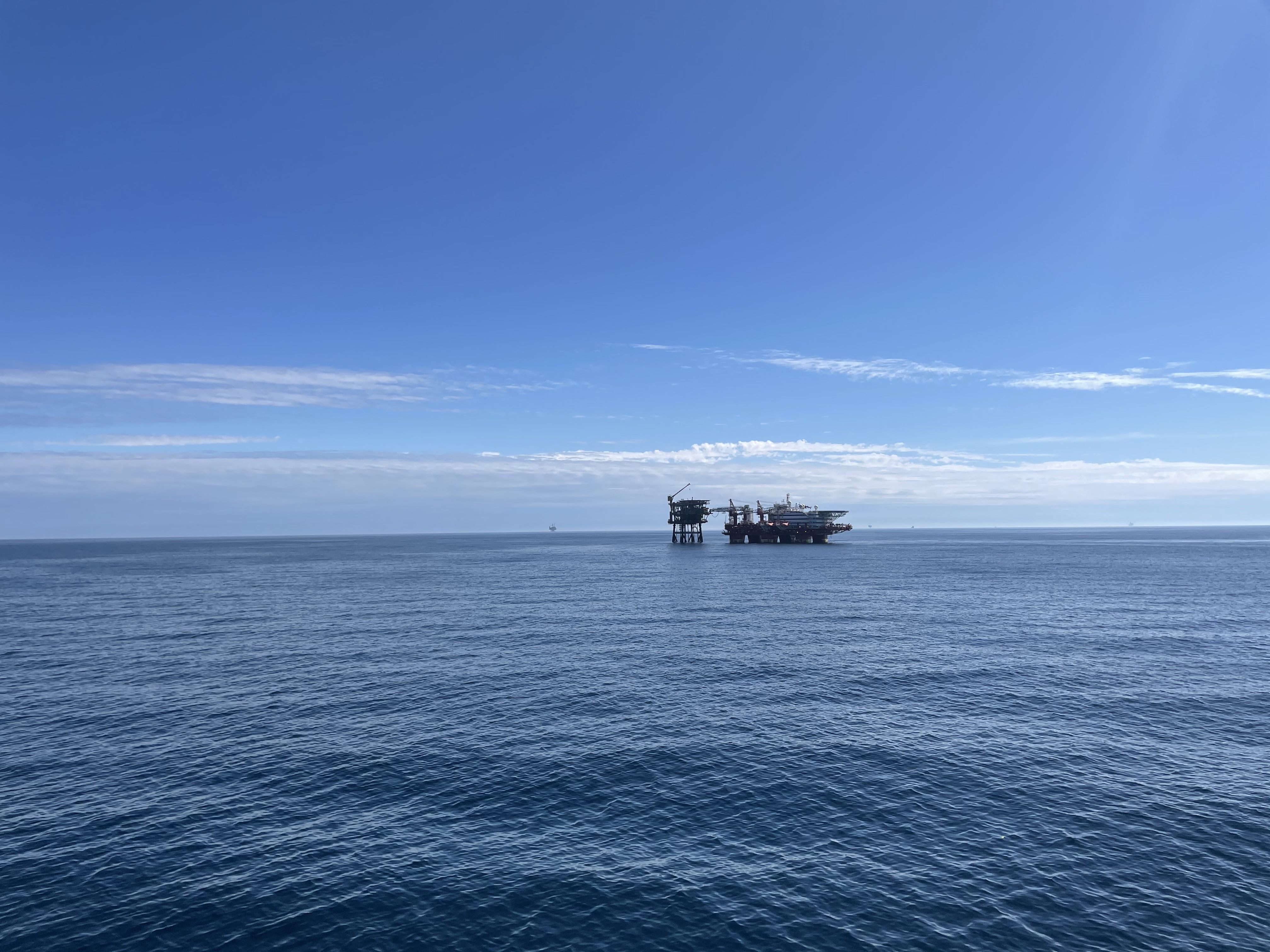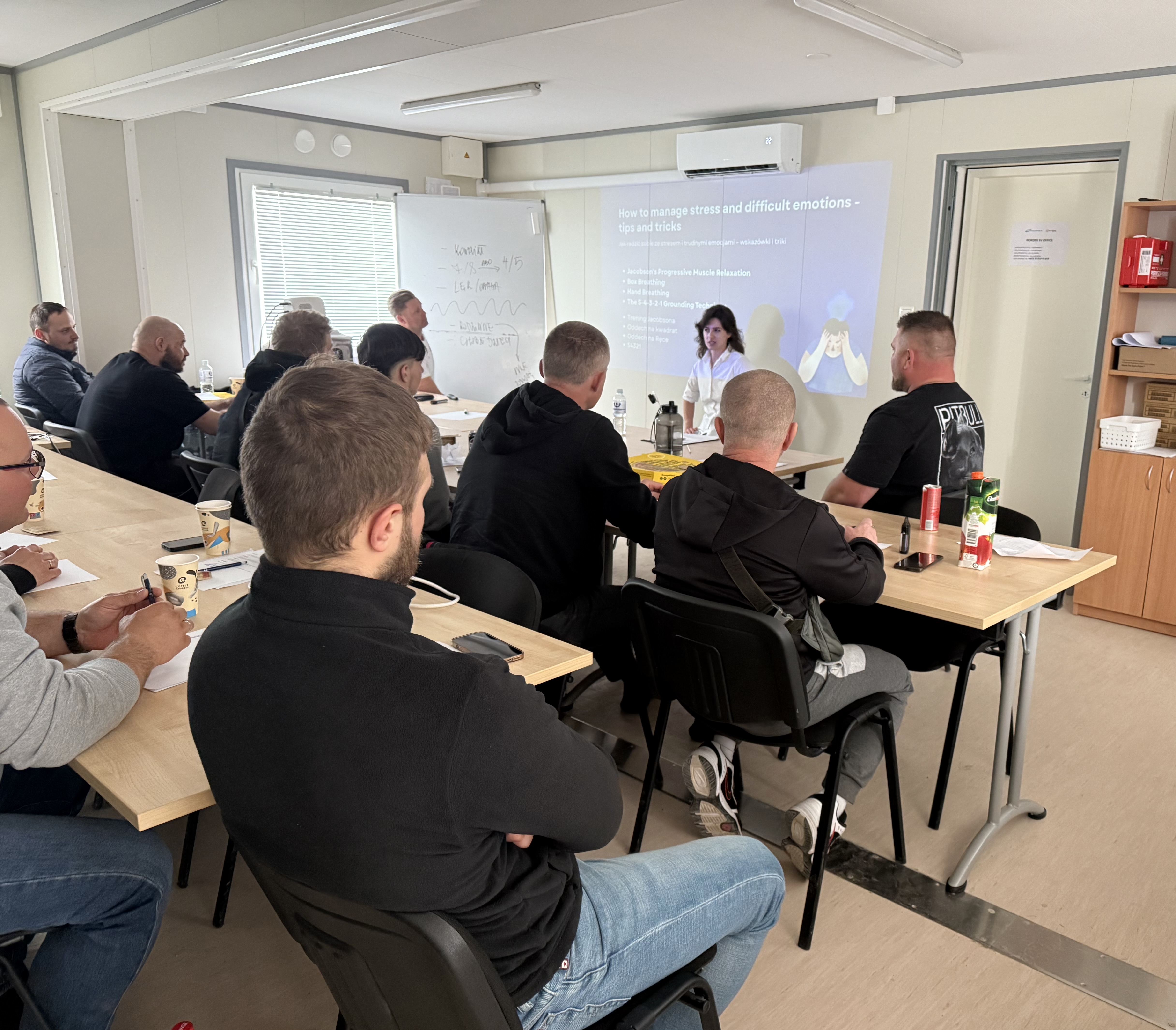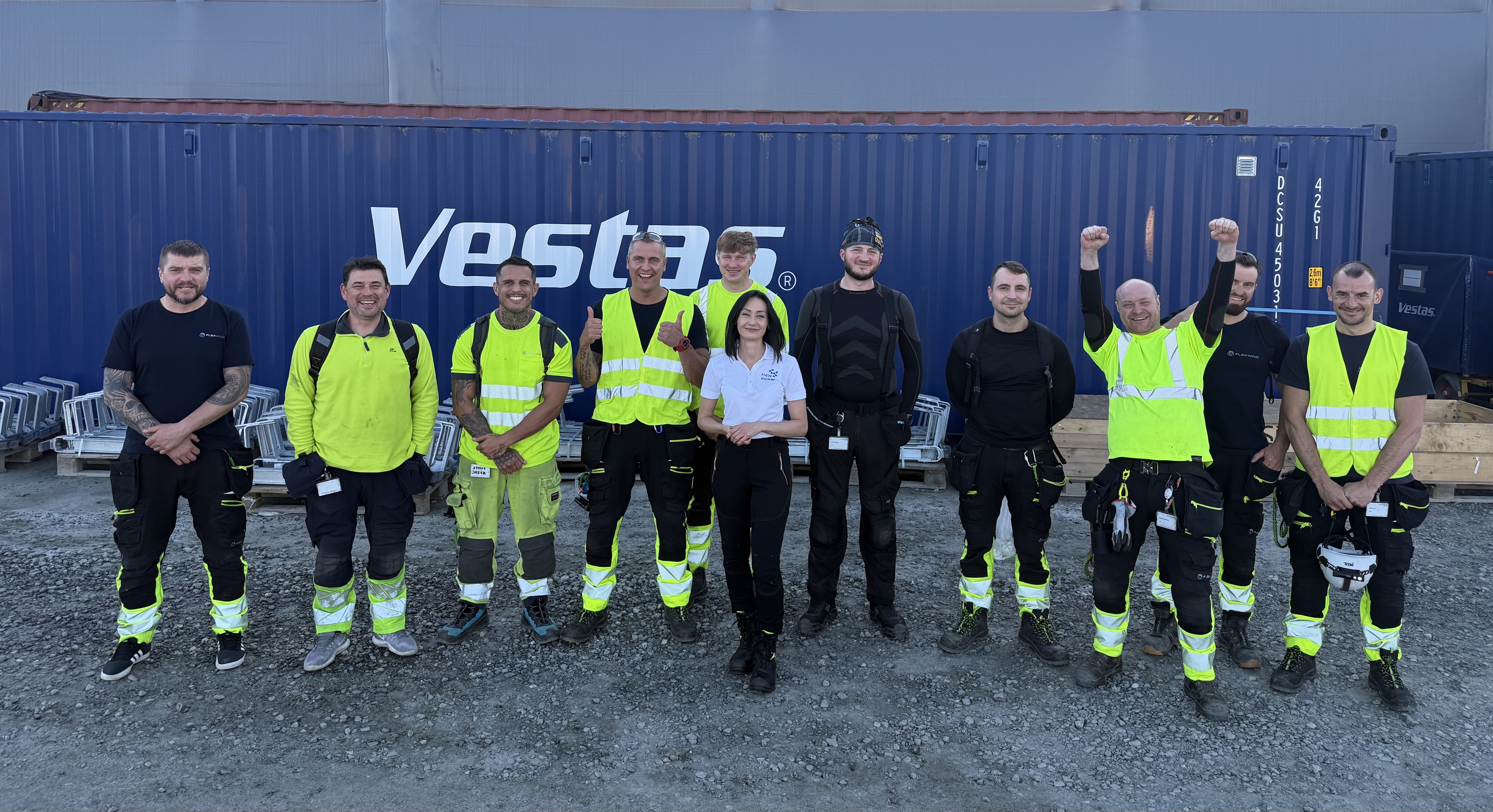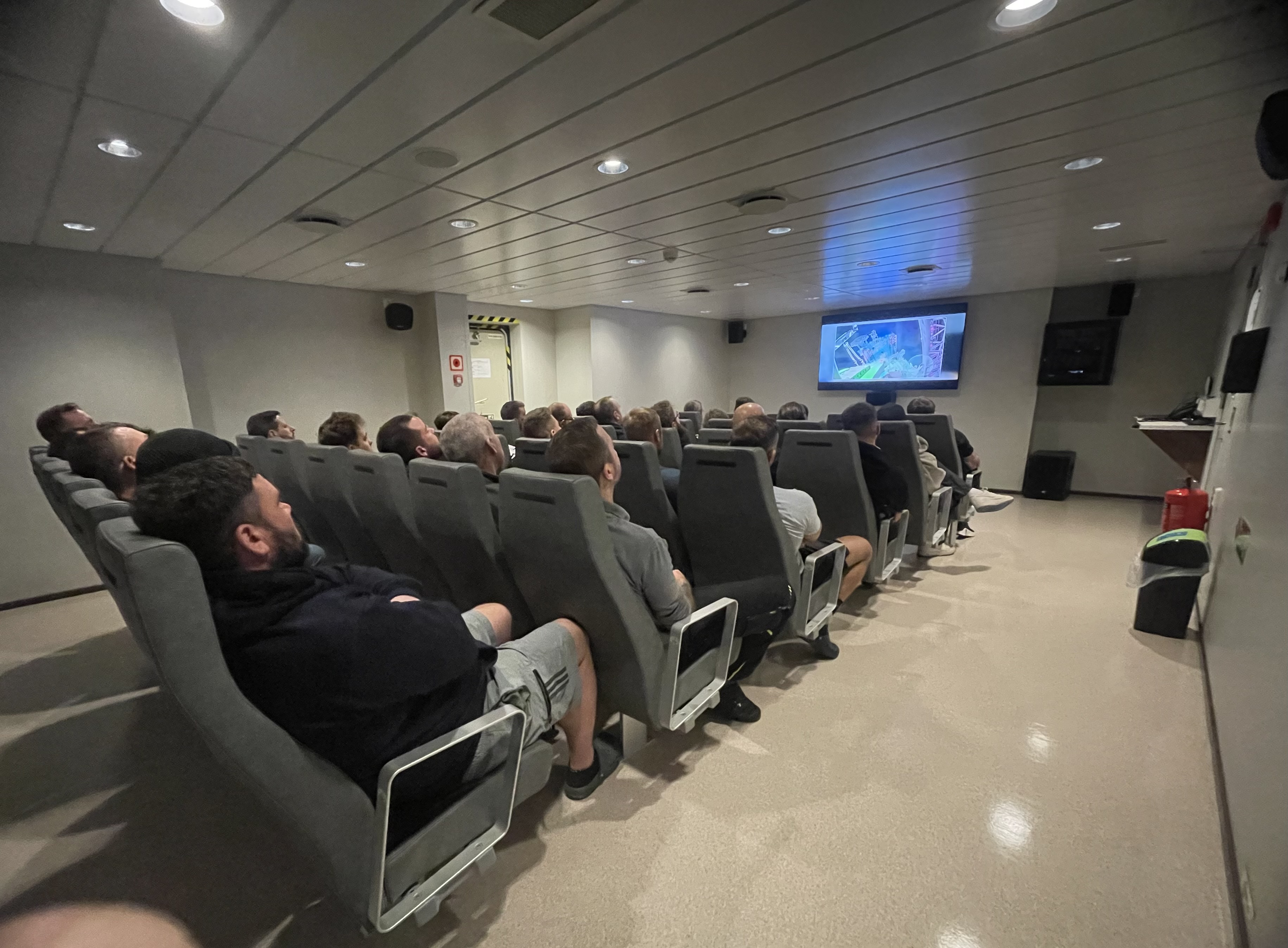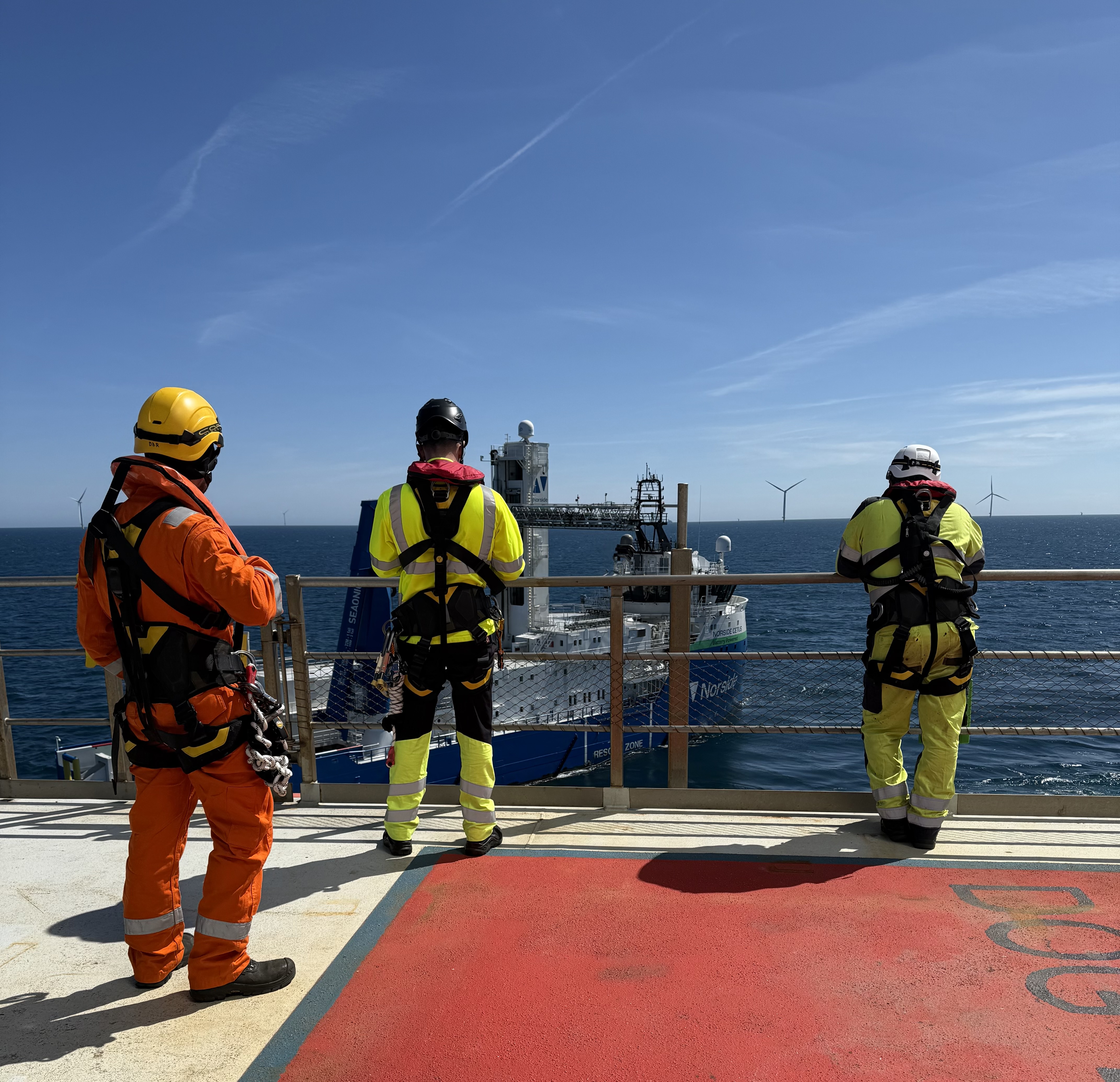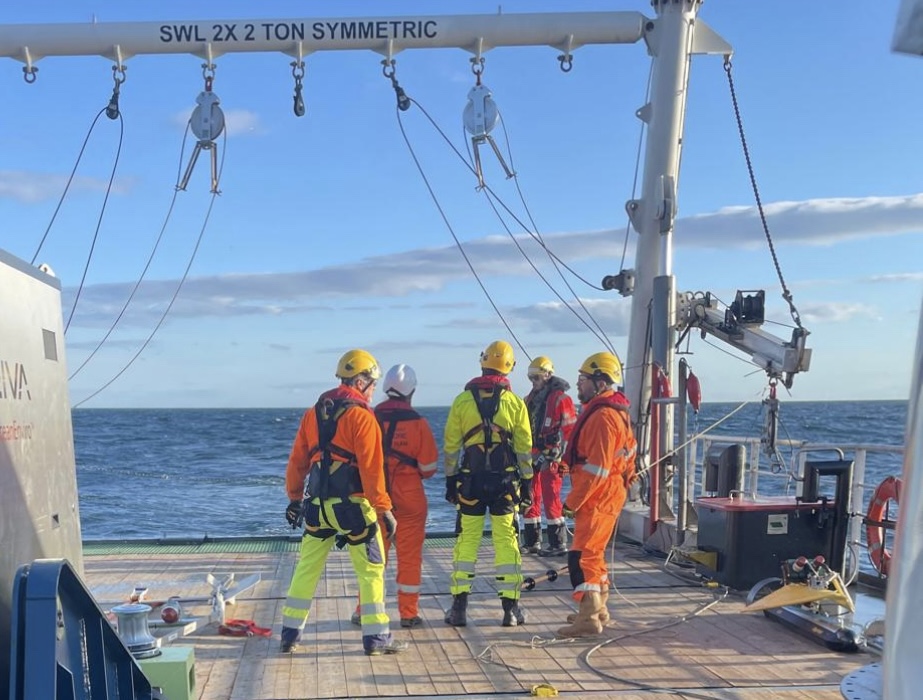Building antifragile teams

Part 3 of the Business Case Series
The offshore industry stands at a crossroads. Mental health investment returns $2.18-$5.00 for every dollar spent within three years of implementation, yet 40% of offshore workers report suicidal thoughts while on duty (Khaled et al., 2024). This paradox reveals the industry's greatest untapped performance optimization opportunity. The companies transforming psychological safety into competitive advantage aren't just preventing harm—they're building antifragile teams that strengthen through adversity and outperform traditional models by 42% during crisis recovery (Derbyshire & Wright, 2021). The path forward requires abandoning reactive compliance approaches for proactive performance optimization frameworks that position mental health as operational infrastructure rather than an employee benefit.
Mental Health as a Performance Optimization Engine
Traditional safety culture development treats psychological well-being as damage control—a necessary cost to prevent incidents and meet regulatory requirements. This perspective fundamentally misunderstands the relationship between mental performance and operational excellence in extreme environments. Our vision positions mental health investment as the highest-ROI performance optimization strategy available to offshore operators, with quantifiable returns exceeding traditional safety spending by 200-400% (Centre for Mental Health UK, 2023).
Antifragile teams represent the evolution beyond resilience. Where resilient teams bounce back from stress, antifragile teams emerge stronger, more innovative, and more capable after experiencing controlled challenges. Research demonstrates that antifragile organizations maintain 89% performance levels under extreme stress compared to 67% for conventional teams, while generating 28% higher innovation rates post-crisis (Hartwig et al., 2020).
This transformation requires systematic integration of human factors training offshore, comprehensive safety culture development, and evidence-based psychological interventions designed specifically for extreme operational environments.
European transformation case study: BP's performance optimization breakthrough: BP North Sea operations achieved remarkable results through their psychological well-being initiative launched in 2017, targeting 1,100 employees across multiple offshore platforms. Rather than positioning mental health as healthcare, BP framed its program as leadership performance optimization.
The three-exercise framework focused on external resources (support networks), internal demands (life priorities assessment), and internal resources (work-life balance optimization). After implementing 90-minute training sessions for 200 first-level leaders, BP documented "tremendously positive feedback" from virtually all participants, leading senior management to approve expansion across their entire North Sea workforce.
The breakthrough came from positioning mental health training as a competitive advantage rather than a compliance requirement. Leaders learned to identify psychological performance barriers in team members, creating proactive intervention capabilities that enhanced operational safety and productivity simultaneously.
Centrica Storage's holistic wellbeing program provides quantified validation of this approach. Their 300-person workforce across five offshore locations achieved 7% reduction in sickness absence, a combined weight loss of 350 kilograms, and an 8.5-meter reduction in waist measurements within the first implementation year. These physical improvements correlated directly with enhanced mental performance and reduced safety incidents.
The financial mathematics prove compelling: every €1 invested in psychosocial risk prevention generates €13.6 return through productivity gains (EU-OSHA, 2025), while traditional safety equipment investments typically return €4.20 per euro spent.
Middle Eastern Momentum: Qatar and UAE Lead Regional Transformation
The Middle East's rapid adoption of performance-optimized mental health approaches reflects both economic necessity and forward-thinking leadership. Qatar's National Mental Health Study revealed that 66% of Gulf Cooperation Council employees reported mental health challenges in 2022, with oil and gas construction workers showing particularly high rates: anxiety (51%) and depression (43%) (Khaled et al., 2024). These statistics translate directly into competitive disadvantage. Mental health issues contributed to 36% employee turnover intention in GCC countries versus 16% globally, creating massive replacement costs in specialized offshore roles where training new personnel requires 12-18 months and costs $150,000-$300,000 per position.
Saudi Arabia's Vision 2030 initiative demonstrates the strategic recognition of mental health as economic optimization. The program targets a 4% reduction in GDP costs from work injuries through comprehensive workplace health and safety transformation, with mental health services expansion prioritized as core infrastructure investment rather than healthcare expense.
UAE's Federal Decree Law No. 33 of 2021 establishes the employer's obligation to provide "safe and appropriate work environment," with MoHAP's commitment to "top-notch psychological counseling services for employees to support mental health," positioning psychological safety as an operational requirement rather than an optional benefit.

The Antifragile Advantage
Performance optimization through mental health investment creates measurable competitive advantages across multiple operational dimensions:
Incident Reduction Metrics:
· Human factors training offshore: 31% reduction in human error rates
· Psychological safety programs: 18-34% decrease in safety incidents
· Team resilience training: 58% faster recovery from operational setbacks
· Comprehensive mental health programs: 25% reduction in incidents over 5-year implementation
Productivity Enhancement Indicators:
· Happy employees demonstrate 13% higher productivity
· High psychological safety teams maintain 89% performance under extreme stress
· Antifragile organizations show 42% better crisis recovery rates
· Mental health training delivers 2.8:1 to 13.6:1 ROI ratios
The controversial finding that challenges traditional risk management: mental health interventions demonstrate 200-400% better ROI than physical safety equipment investments, fundamentally questioning resource allocation strategies across the offshore industry.
Regulatory transformation: Beyond compliance toward performance optimization
The European regulatory landscape reflects an accelerating transition from reactive compliance toward proactive performance optimization frameworks. The European Parliament Resolution passed with 551 votes to 30 in 2024, demanding a Commission proposal for a directive on psychosocial risks and wellbeing at work, with implementation expected by 2027-2028.
This regulatory evolution positions early adopters for a significant competitive advantage. Companies implementing comprehensive psychological safety programs before mandatory requirements achieve a 3-year head start in organizational capability development, while competitors scramble to meet minimum compliance standards.
The European Trade Union Confederation's October 2024 resolution demands:
· Clear psychosocial risk definition emphasizing predictability and preventability
· Systematic PSR assessment and prevention obligations
· Mandatory specialized training for management staff
· Enhanced labor inspectorate enforcement procedures
These requirements transform mental health investment from an optional initiative to an operational necessity, rewarding organizations that position psychological safety as a performance infrastructure.
Norway's approach exemplifies this transformation. The Norwegian Working Environment Act ensures "secure conditions of employment, safe working environment and meaningful work situation," backed by NOK 300 million commitment for health services strengthening. Norwegian offshore workers' 32% higher anxiety and depression rates compared to the general population drive systematic intervention programs that reduce accident rates by 18% within 12 months (University of Bergen, 2023).
Forward-thinking preparation for 2030 industry transformation
Research from antifragility studies reveals a counterintuitive finding that challenges conventional safety approaches: excessive regulatory compliance may actually increase long-term organizational risk by preventing learning from small failures, ultimately leading to catastrophic events (Derbyshire & Wright, 2021).
Traditional safety culture development focuses on preventing all incidents through comprehensive rule systems and compliance monitoring. However, antifragile organizations deliberately expose themselves to controlled stressors and small failures to build adaptive capacity and learning systems that prevent major catastrophes.
This perspective suggests that psychological safety programs should emphasize intelligent risk-taking and learning from controlled failures rather than risk elimination. Organizations implementing this approach show 42% better crisis recovery rates and 28% higher post-crisis innovation rates compared to conventional compliance-focused approaches.
The implication challenges industry orthodoxy: mental health investment should focus on building adaptive capacity and stress tolerance rather than stress elimination, creating teams that thrive under pressure rather than merely surviving it.
The offshore industry is undergoing a fundamental transformation driven by the renewable energy transition, regulatory evolution, and shifts in workforce demographics. Organizations that build antifragile teams through psychological safety investments position themselves for competitive advantage across multiple future scenarios.
Renewable Energy Integration: Offshore wind and marine energy projects require different psychological skill sets compared to traditional oil and gas operations. Teams trained in adaptive thinking and collaborative problem-solving adapt more successfully to new technologies and operational requirements.
Workforce Demographics: Younger workers prioritize psychological safety and mental health support as core employment criteria. Organizations with established psychological well-being infrastructure attract and retain top talent more effectively.
Regulatory Compliance: The incoming EU directive on psychosocial risks creates mandatory requirements for mental health programming. Early adopters develop a competitive advantage through advanced organizational capabilities.
Companies investing in mental health as a performance optimization today are building the adaptive capacity needed to thrive through industry transformation. In contrast, competitors focused solely on current compliance requirements struggle to adapt to changing operational demands.
Conclusion: From survival to antifragile excellence
The evidence overwhelmingly demonstrates that mental health investment represents the highest-ROI performance optimization strategy available to offshore operators. Organizations positioning psychological safety as operational infrastructure rather than healthcare expense achieve quantifiable competitive advantages: 200-400% better returns than traditional safety investments, 42% superior crisis recovery rates, and 89% performance maintenance under extreme stress.
The transformation requires abandoning reactive compliance mindsets for proactive performance optimization approaches. Antifragile teams don't merely survive extreme environments—they emerge stronger, more innovative, and more capable after experiencing controlled challenges. This capability becomes increasingly valuable as the offshore industry navigates renewable energy transition, regulatory evolution, and workforce transformation.
The companies building antifragile teams through systematic psychological safety investment today establish the adaptive foundations required for sustained competitive advantage throughout industry transformation. The question isn't whether mental health investment pays dividends, but whether organizations can afford to ignore the most effective performance optimization strategy available to extreme environment operators.
References
Ahmadi, M., et al. (2023). Physical and psychological job demands and fatigue experience among offshore workers. International Archives of Occupational and Environmental Health, 96(4), 577-588. https://doi.org/10.1007/s00420-019-01514-4
Chandrasegaran, S., et al. (2020). Human factors engineering integration in the offshore O&G industry: A review of current state of practice. Safety Science, 129, 104781. https://doi.org/10.1016/j.ssci.2020.104781
Derbyshire, J., & Wright, G. (2021). The concept of antifragility and its implications for the practice of risk analysis. Risk Analysis, 41(6), 1068-1086. https://doi.org/10.1111/risa.13659
European Agency for Safety and Health at Work. (2025). Research on psychosocial risks and mental health in extreme occupational environments. EU-OSHA Research Project 2022-2025.
European Maritime Safety Agency. (2022). Safety culture assessment and implementation framework to enhance maritime safety. Safety Science, 89, 184-194.
Fletcher, D., & Sarkar, M. (2021). Exploration of psychological resilience during a 25-day endurance challenge in an extreme environment. International Journal of Environmental Research and Public Health, 18(24), 4656. https://doi.org/10.3390/ijerph18244656
Forbes, S., & Fikretoglu, D. (2023). Road to resilience: A systematic review and meta-analysis of resilience training programmes and interventions. European Journal of Psychotraumatology, 14(2), PMC6009510.
Hartwig, A., Clarke, S., Johnson, S., & Willis, S. (2020). Workplace team resilience: A systematic review and conceptual development. Organizational Psychology Review, 10(3-4), 169-200. https://doi.org/10.1177/2041386620919476
Khaled, S. M., et al. (2024). Qatar's National Mental Health Study—The World Mental Health Qatar. International Journal of Methods in Psychiatric Research, 33(2), e2008. https://doi.org/10.1002/mpr.2008
Operational Psychology Research Group, University of Bergen. (2023). Human factors in offshore hydrocarbon energy industries: Stress resilience and performance in extreme environments. Bergen: University of Bergen.

